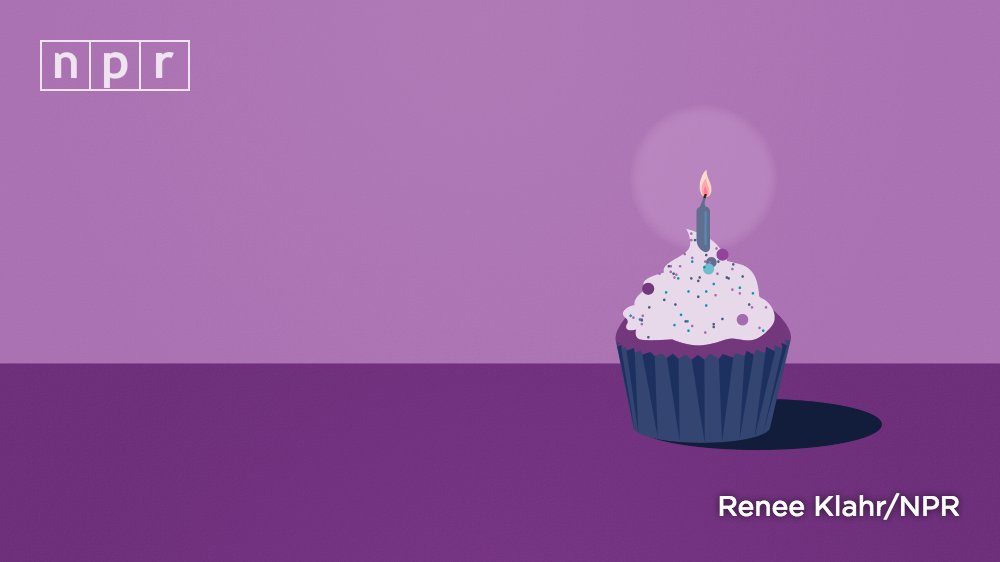

If you want to learn more about doing less, listen to our episode about the power of subtraction. Bryan McLaughlin of Texas Tech University shares why it’s so hard, but so important, to unplug from the news.

He found that published scientific research receives greater attention if the authors are ethnically diverse.Ĭristina Pato is a Galician bagpiper, pianist and composer. Then, we learn about what happens to our brains and bodies when we are the recipients of information.

Harvard economics professor Richard Freeman has an interesting study on diversity in science. In addition to his research on diversity and creativity, he's co-author of the book Friend and Foe, which offers new ways of thinking about conflict and cooperation. This week on Hidden Brain, we look at the powerful connection between the ideas we dream up and the people who surround us, and what it really takes to think outside the box.Īdam Galinsky is a professor of business at Columbia Business School. He found that the time fashion designers spent immersed in a different culture "predicted their entire fashion line creativity." In one of Adam's favorite projects, he looked at fashion lines presented by major fashion houses over 21 seasons. In another study, Adam found that even the simple act of reflecting on one's deep relationship with a person from another country caused a temporary boost in creativity.Īdam's research outside the lab echoes these findings. Follow us on Twitter hiddenbrain, karamcguirk and maggiepenman, and listen for Hidden Brain stories every week. They found that students who'd dated someone from another country during the term became more creative. The Hidden Brain podcast is produced by Kara McGuirk-Alison and Maggie Penman. They tested the students using standard creativity measures at the beginning and end of the school term. In one study, Adam and his colleagues tracked business school students during a 10-month MBA program. "There's something about deeply understanding and learning about another culture that's transformative," Adam says. Social scientist Adam Galinsky has found that people who have deep relationships with someone from another country become more creative and score higher on routine creativity tests. But familiar ground may not be the best place to cultivate creativity. If you’re interested in more Hidden Brain journalism like this, listen to our Mind. This week, we talk with psychologist Jer Clifton about how our beliefs shape our reality and how we can use this knowledge to live happier and more harmonious lives. It's one reason humans often flock to other people who share the same interests, laugh at the same jokes, hold the same political views. But you may not realize how much your core beliefs shape your perception of the world.


 0 kommentar(er)
0 kommentar(er)
